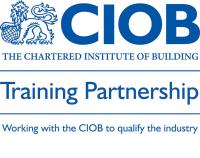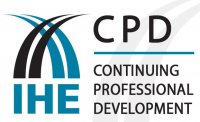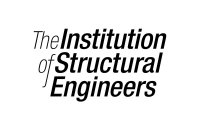Overview:
The course introduces a range of common defects found in practice. Additionally the course identifies key sources containing information to aid diagnosis of defects. The ability to undertake tests and visual analysis of common defects are skills offered and key objectives of the course. Remedial techniques are examined within the scope of training and the understanding of basic construction technology is a stated aim of the programme of training.
Aims & Objectives:
- Identify defects with greater accuracy
- Be aware of options available for diagnosis of problems
- Be able to commission tests and use equipment to aid the defect identification process
- Avoid costly misdiagnosis
- Be able to apply knowledge gained to develop cost effective repair strategies
- An improved knowledge of building technology
- Greater awareness of common defects
- Improved knowledge of information sources available to inform defect survey and identification
- Greater appreciation of remedial techniques and be able to select the most appropriate option
Course Outline:
Day 1:
Foundations - Common causes of failure how this can be identified and diagnosed. Illustrated Presentation (2 to 3hour session with case examples to illustrate failures in practice)
Wall types and typical defects - Examines the different types of walls in common use and defects often found in practice. Illustrated Presentation (2 hour session with case examples to illustrate failures in practice)
Floor types and typical defects - examines the different types of floor in common use and defects often found in practice. Illustrated Presentation (2 hour session with case examples to illustrate failures in practice)
Refection and summary of days training supported with questions to assess assimilation of knowledge
Day 2:
Dampness and condensation in buildings - An in depth examination of how dampness occurs and is detected in buildings. Illustrated Presentation (3hour session with case examples to illustrate failures in practice)
Thermal movement in building structures - Examines how this occurs and the detrimental effects it has on structures. Illustrated presentation (2 hour session with case examples to illustrate failures in practice)
Drainage - A view of the fundamental technology and principles of underground drainage. Illustrated Presentation (2 hour session with case examples to illustrate failures in practice)
Refection and summary of days training supported with questions to assess assimilation of knowledge
Day 3:
Wall tie failure: An in depth examination of how this process occurs and an examination of how failed systems are remediated. Illustrated Presentation (3 hour session with case examples to illustrate failures in practice)
Building defects and repair - A general examination of typical building defects and consideration of how when discovered defects can be repaired. Illustration Presentation (2 hour session with case examples to illustrate failure in practice)
Information sources and common defects - Examines information sources available to assist defect diagnosis and specification standards. Also supplemented with a range of typical defects.
refection and summary of days training and review of three day programme - supported with questions to assess assimilation of knowledge
Mode of Delivery:
Throughout the three day training course the main method of knowledge transfer will be illustrated presentations. Actual case histories will be used to demonstrate how the knowledge disseminated in the presentations is applied in practice. To aid this process the three day training period will be supported with a number of group interactive sessions.
Typically these will comprise :
Benefits of Attending:
Participants to the course will gain a broader more informed knowledge base in the key area of building defects and the diagnosis of the same. The course will provide a basis for further knowledge assimilation and improvement in operational competence.
Intended For:
Maintenance Managers, Supervisory Building and Civil Engineering staff. Junior staff in training for supervisory roles.








